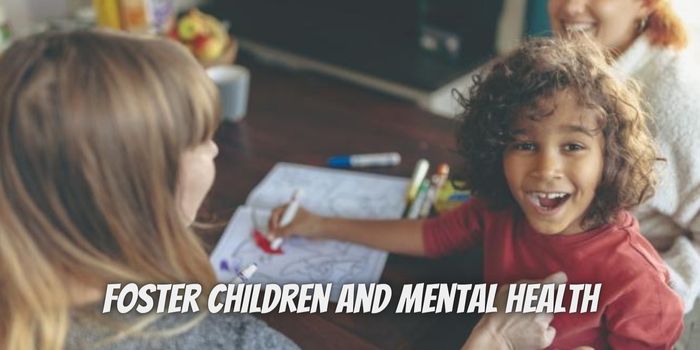Children in care have often experienced some kind of trauma, which means as they age, they could be trying to come to terms with this. Almost 50% of children and young people living in care have some form of mental health condition, and this can make it harder for them to find their own identity and build self-confidence. As a foster carer, you can be a supportive pillar for a foster child who struggles with their mental health, here’s how.
Encourage Them to Open Up
Opening up takes time and a meaningful bond, so this may not be something that comes straight away. You also shouldn’t push anybody to confront something they are not ready to, but if you believe the time is right, you should encourage your foster child to talk about their experiences.
Show them you are always there for them, no matter what they want to talk about, and respond by actively listening and showing no judgement when they do share. Fostering agencies such as Fosterplus can train you in the skills you need to understand a foster child’s mental health and the correct steps to take to support and encourage them.
Learn About Conflict Resolution
Every child has bad days but how you approach this is key. Conflict resolution, rather than discipline, is the healthiest way to support a child who struggles to deal with bad days and negative emotions. When a child is in fight or flight mode, they may need some extra support to calm down, which requires patience and understanding.
Instead of shouting back or rising to the bait, teach them how to resolve conflict in a calm and mature fashion. It may take some time, but your child will begin to understand their triggers and speak to you before their emotions feel out of their control.
Celebrate Their Successes
Every child just wants to feel loved and supported, so what better way to help a child believe in themselves and better their mental health than celebrating them? It’s important to focus on what a child achieves, such as their strengths and accomplishments, rather than something they’ve done ‘wrong’. Something that may not feel like a big deal to someone else could be a huge step in the right direction for them and should be celebrated.
This could be something as simple as saying thank you when they help out around the house, or making their favourite dinner when they finish all their homework. A child who feels validated and supported is more likely to open up and see their own self-worth, which is a huge steppingstone on the road to improving their mental health.
Remember: As a foster carer, you are not there to ‘fix’ a child’s mental health; this is something they need to do themselves. Being a supportive pillar in times of need is just one way that foster children with mental health can begin to heal from their traumas and come to terms with their past.
